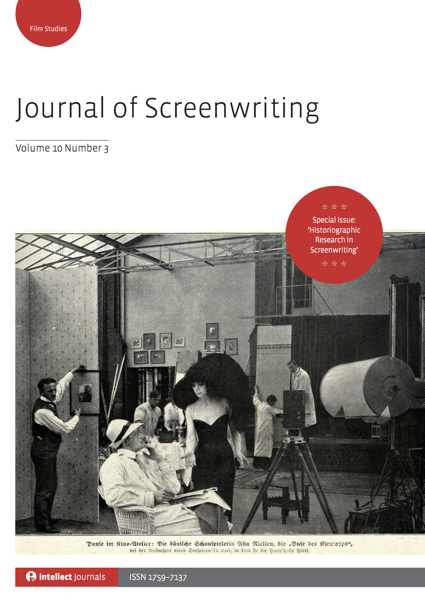Watch this entire presentation
Subscribe to Rosanne’s Channel and receive notice of each new video!
In honor of Halloween – and in service to my teaching philosophy —
“Words Matter. Writers Matter. Women Writers Matter.”
I presented this holiday lecture “When Women Write Horror” on Tuesday, October 29th, 2019. Researching the many, many women who have written horror stories – in novels, films and television – brought new names to my attention who I am excited to start reading. I hope you will be, too!
Transcript:
I’m jumping ahead to the woman we consider the mother of all haunted house stories and someone we actually teach in this class that we do here, which is Demons, The Undead and the Monstrous Other and we talk about horror. So Shirley Jackson. Shirley Jackson was actually said by Stephen King to be the best horror writer in American history and hello Stephen King is not exactly a nobody when we talk about that world and so The Haunting of Hill House was her major book. She’s a really interesting woman. She was a housewife which doesn’t sound like woo a housewife and she wrote horror while she was taking care of her kids. She had a little deal with alcoholism so that was a problem.
Podcast: Play in new window | Download
Subscribe: RSS
![10 Shirley Jackson from When Women Write Horror with Dr. Rosanne Welch [Video] (36 seconds)](https://rosannewelch.com/wp-content/uploads/2020/05/rmw-cpp-horror-10.jpeg)

![Drs. Rosanne Welch and Sarah Clark discuss “Don’t Look a Gift Horse in the Mouth” on the Zilch Podcast’s Monkees 101 Series [Audio]](https://rosannewelch.com/wp-content/uploads/2020/05/zilch-152.jpg)


![09 More Edith Wharton’s Ghost Stories from When Women Write Horror with Dr. Rosanne Welch [Video] (32 seconds)](https://rosannewelch.com/wp-content/uploads/2020/04/rmw-cpp-horror-09.jpeg)
![08 Edith Wharton’s Ghost Stories from When Women Write Horror with Dr. Rosanne Welch [Video] (1 minute 3 seconds)](https://rosannewelch.com/wp-content/uploads/2020/04/rmw-cpp-horror-08.jpeg)
![07 African-American Writers In History from When Women Write Horror with Dr. Rosanne Welch [Video] (53 seconds)](https://rosannewelch.com/wp-content/uploads/2020/04/rmw-cpp-horror-07.jpeg)
![06 LGBTQ Writers In History from When Women Write Horror with Dr. Rosanne Welch [Video] (1 minute 8 seconds)](https://rosannewelch.com/wp-content/uploads/2020/04/rmw-cpp-horror-06.jpeg)